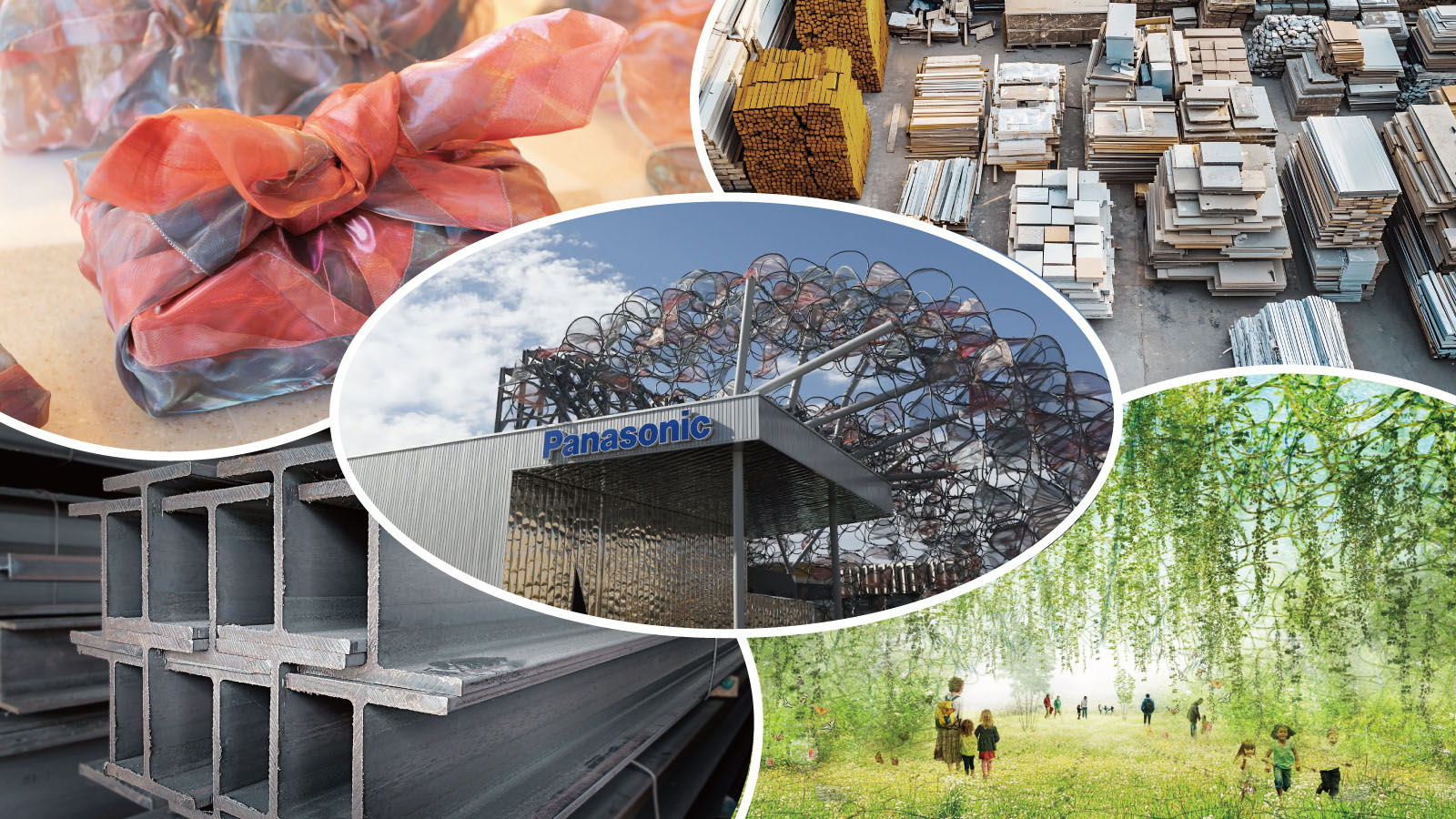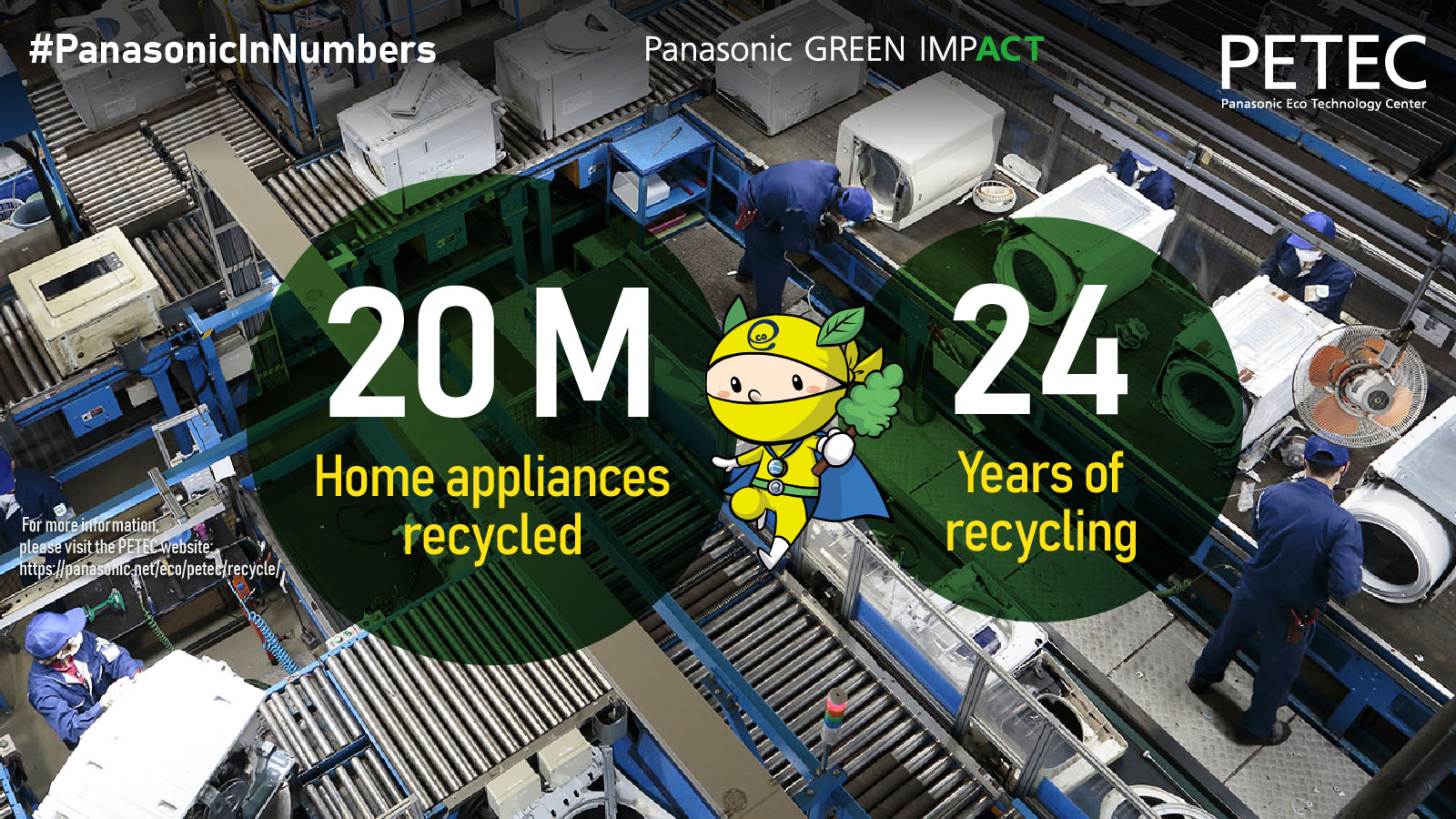The health and safety of residents is a further main consideration, particularly given the ongoing COVID pandemic. Discrete cameras in common areas will monitor any congestion and assess compliance with any recommended precautions such as mask wearing. AI technology in the cameras will also help detect if, for example, an elderly resident becomes disoriented or lost while outdoors, with any necessary assistance being dispatched swiftly by a security center.
AI-enabled sensors embedded in residents' home appliances will detect unusual patterns of usage, which may provide an indication of cognitive decline or the onset of dementia among elderly residents. Appropriate levels of care will be provided by partner companies specializing in healthcare and nursing.
The monitoring of residents' day-to-day health and general healthcare provision will be facilitated through the use of data collected through wearable devices and smartphones. The data will be managed centrally, with clinics and pharmacies collaborating to ensure optimal management of residents' health.
Recognizing that remaining mobile and active helps to prolong the lives of the elderly, the Suita SST will make it easier for its residents to move around inside the community, for example through the provision of shared bicycles. In partnership with local transportation providers, it will also encourage them to explore the scenery and other attractions of the surrounding areas.
The community's many shared facilities and meetings places will encourage cross-generation interaction and help combat loneliness. Landscaped greenery will help provide relief from the effects of urban heat during Japan's long, hot summers.
Panasonic's Sustainable Smart Towns in Japan are work in progress. Feedback from their residents is being constantly evaluated and analyzed, with services and service levels being tweaked or adjusted accordingly.
Longer-term, the company aims to leverage the experience it is gaining through the SST program to inform and support similar developments in Japan and in other countries. These currently include smart-housing projects in China and in Germany that are also deploying Panasonic technology to provide comfortable and secure living in energy-efficient communities.
One hundred years on, the vision of the company's founder continues to inspire Panasonic to seek solutions to the challenges faced by society.
*The goal is to produce virtually 100% of the energy consumed by the town from renewable energy sources. We will realize this goal for at least five years after the town is up and running. This is the first initiative in Japan that involves the entire town, including commercial and residential facilities. (According to the survey conducted by Knsai Electric Power Co., Inc.)









